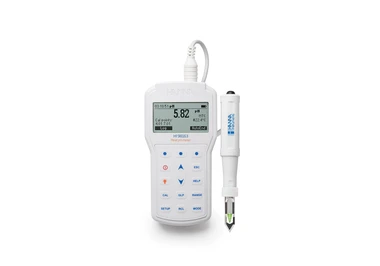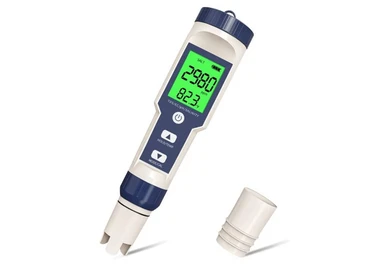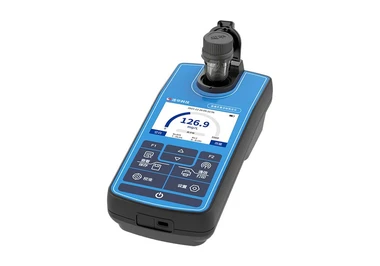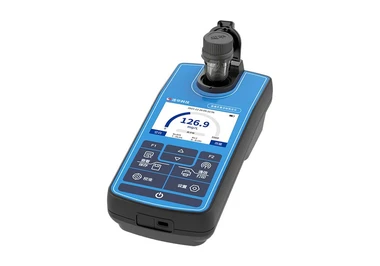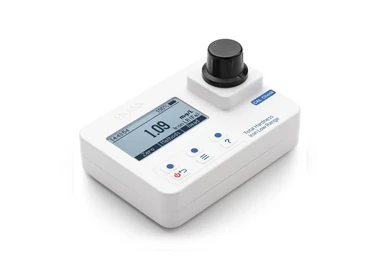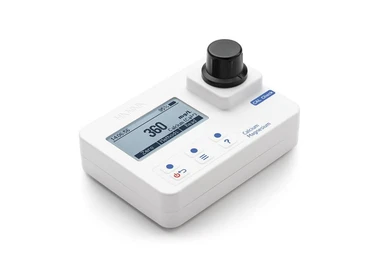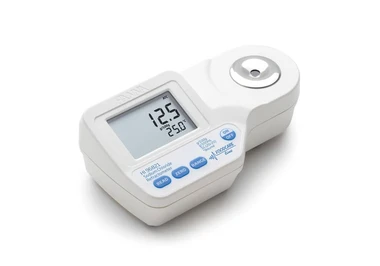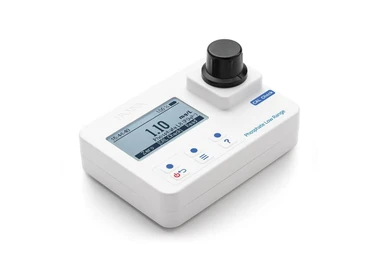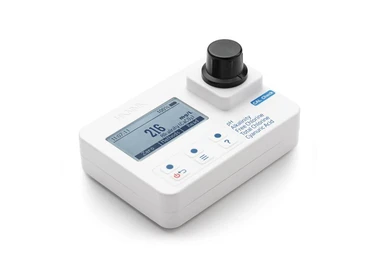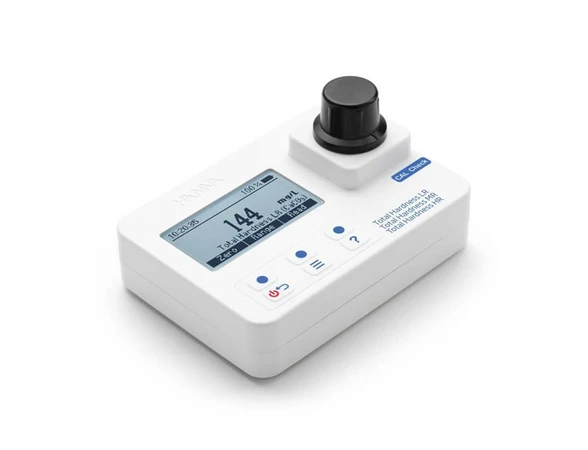
Total water hardness measurement
Water hardness is one of the most important factors in the water treatment industry, which is caused by the presence of mineral salts and ions of calcium, magnesium, aluminum, zinc, and other heavy metals in water. In other words, if dissolved salts of calcium, magnesium, iron, etc. are present in excess in water, they will so-called increase the degree of w
Total water hardness
Water hardness is one of the most important factors in the water treatment industry, which is caused by the presence of mineral salts and ions of calcium, magnesium, aluminum, zinc and other heavy metals in water. In other words, if dissolved salts of calcium, magnesium and iron, etc. are present in excess in water, they will so-called increase the degree of water hardness, which has many harmful effects on human health and even industrial equipment.
Types of water hardness
One of the most important points that need to be considered about water hardness is the great difference in the type of minerals and salts dissolved in water. As a result, we can generally introduce three types of water hardness that have many differences. This category includes the following:
Temporary water hardness (carbonate hardness)
Temporary hardness is a type of water hardness in which the amount of calcium bicarbonate, magnesium and iron exceeds the permissible limit. One of the most important features of this type of hardness is its ability to be removed by heating and boiling. In addition, the pH of the water can be reduced to eliminate the effects of these carbonate salts.
Permanent water hardness (bicarbonate hardness)
Permanent hardness (Non-Carbonate Hardness) is caused by the presence of excessive sulfate, nitrate, and chloride salts of calcium, magnesium, and iron, etc. This type of hardness is called permanent because increasing the temperature of the water and boiling it will not lead to the precipitation of non-carbonate salts, and their removal requires multiple equipment.
Total water hardness
The sum of temporary and permanent hardness is called total water hardness, and its calcium carbonate content will be more than one millivalent. It should be noted that if the total alkalinity of the water is greater than the total hardness, it can be concluded that the water is carbonate hardness.
Total hardness is usually the sum of the amounts of magnesium and calcium in the water. Strontium and barium also play a role, but they are usually present in negligible concentrations compared to calcium and magnesium.
The laboratories of Abrizan Company, located in the Fars Science and Technology Park, are capable of measuring various water parameters, including water hardness, with experienced staff and the use of advanced devices and equipment.

